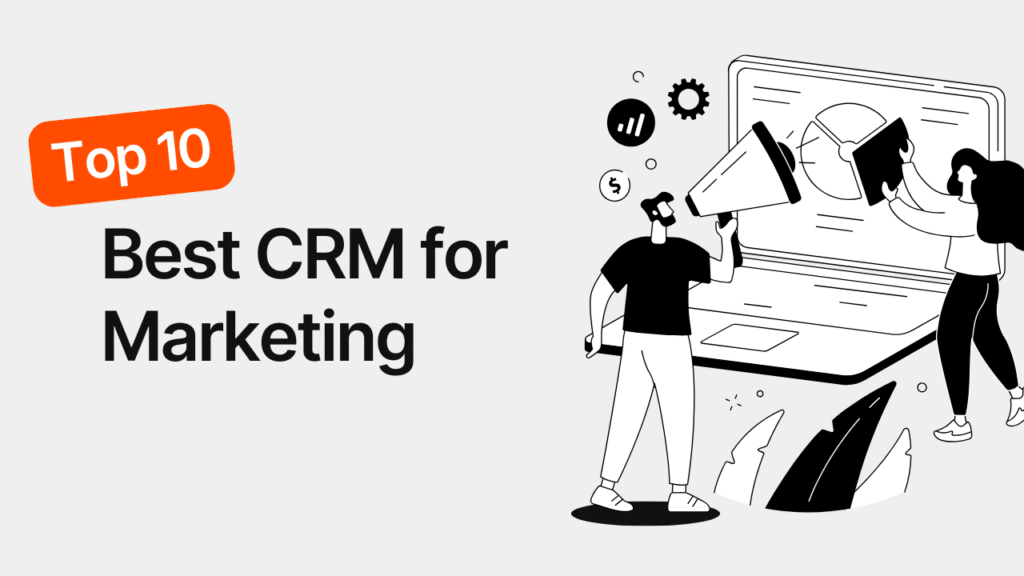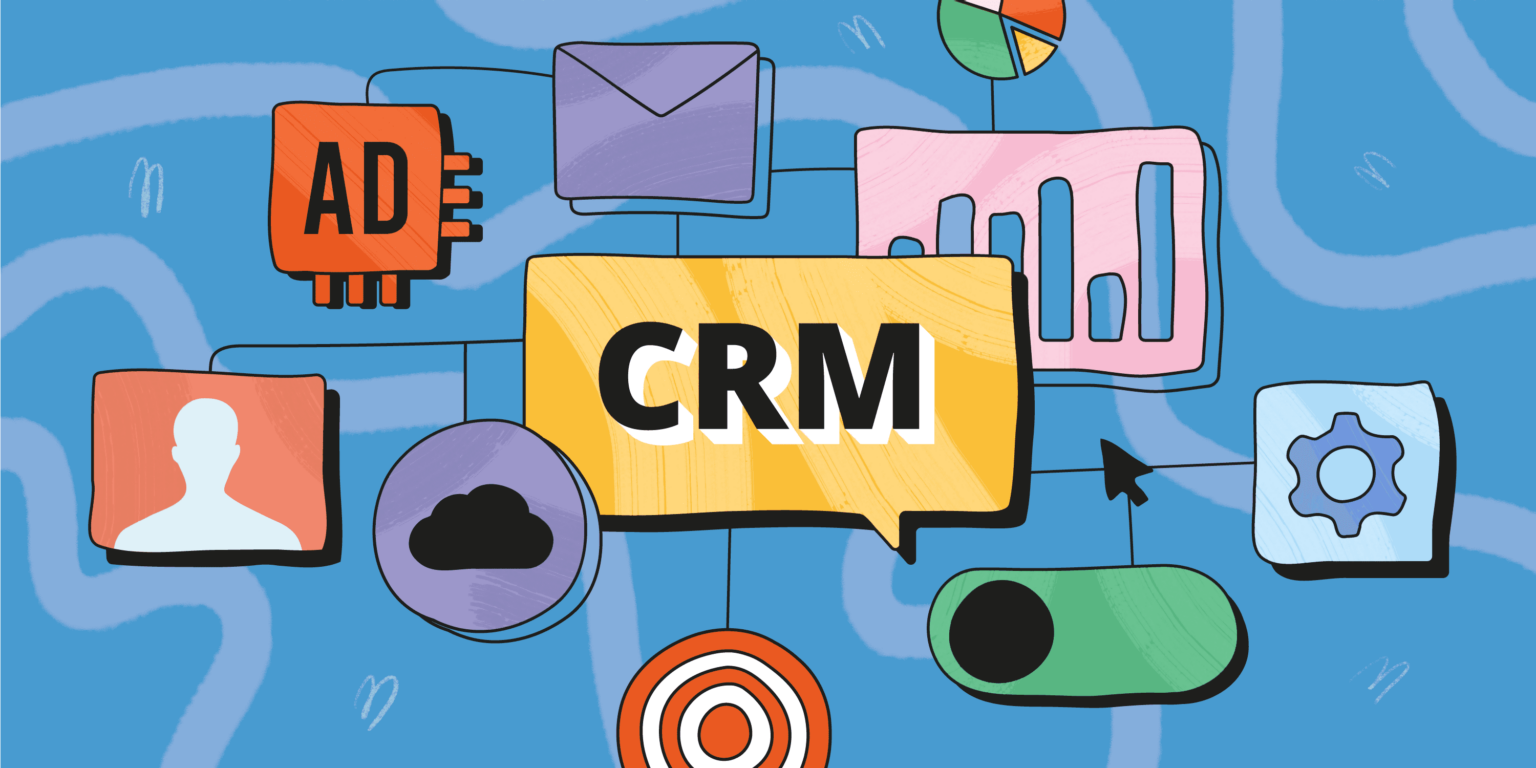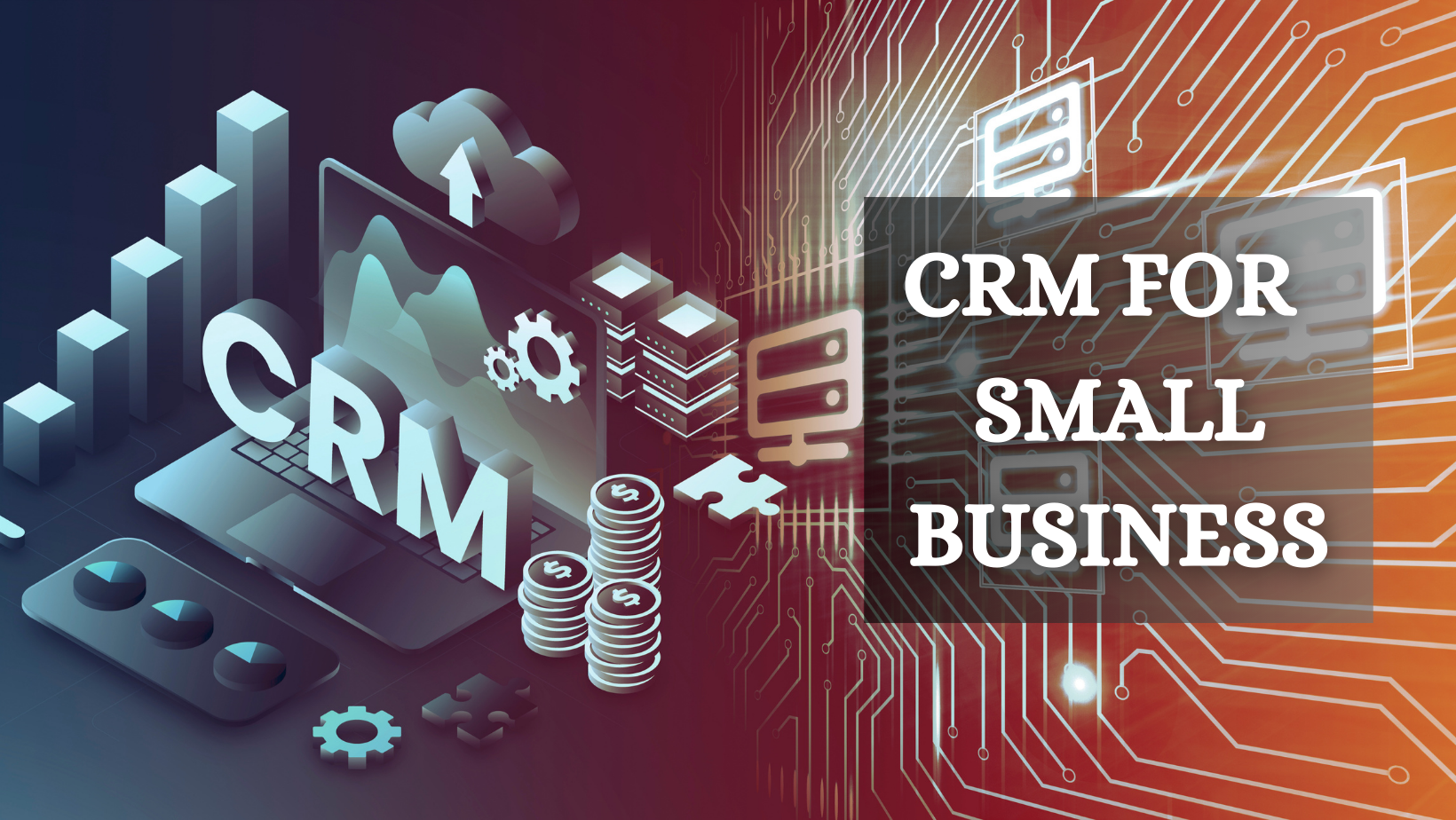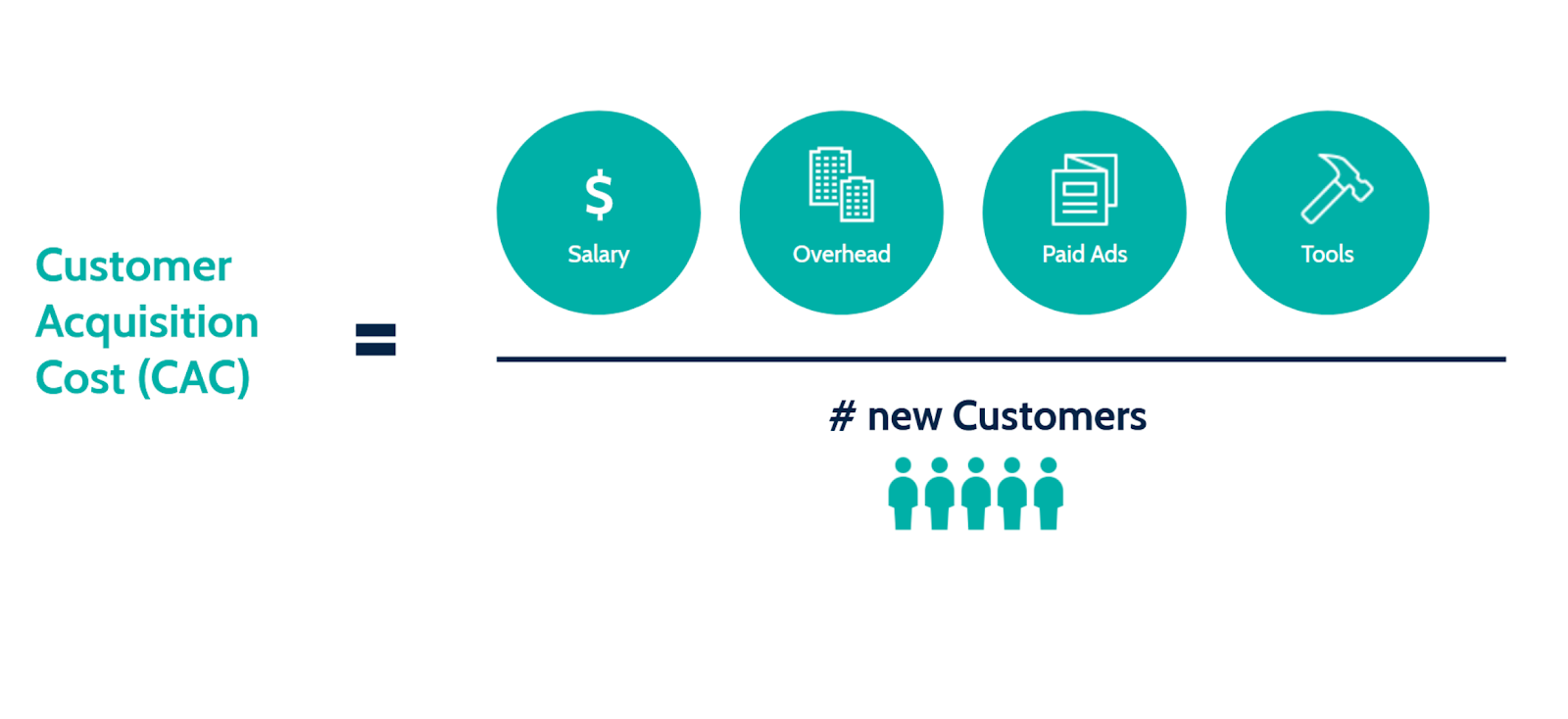Navigating the CRM Maze: A Small Business Guide to Choosing the Perfect Software
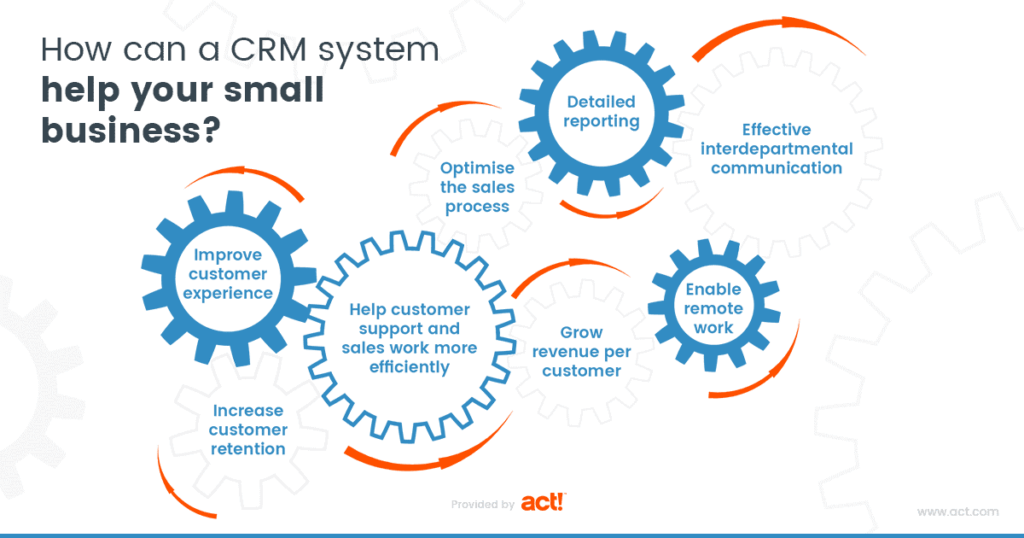
Navigating the CRM Maze: A Small Business Guide to Choosing the Perfect Software
So, you’re running a small business. Congratulations! You’re juggling a million things – from product development and marketing to customer service and, of course, making sure the bills get paid. In the midst of all this, you’ve likely heard whispers about something called a CRM, or Customer Relationship Management system. Maybe you’ve even felt the pang of realizing you’re losing track of important customer interactions, missing sales opportunities, or struggling to personalize your outreach. If this sounds familiar, you’re in the right place. This comprehensive guide will walk you through the often-daunting process of small business CRM selection, helping you choose the perfect software to streamline your operations, boost your sales, and foster lasting customer relationships.
Why Does a Small Business Need a CRM?
Before diving into the ‘how,’ let’s address the ‘why.’ Why is a CRM system so crucial for small businesses? The answer boils down to efficiency, growth, and customer satisfaction. Here’s a breakdown:
- Centralized Customer Data: Imagine having all your customer information – contact details, purchase history, communication logs, and more – stored in one, easily accessible location. A CRM does exactly that, eliminating the chaos of scattered spreadsheets, email threads, and sticky notes.
- Improved Sales Performance: CRM systems provide valuable insights into your sales pipeline, helping you identify leads, track their progress, and close deals more effectively. You can automate tasks, personalize interactions, and forecast sales with greater accuracy.
- Enhanced Customer Service: By having a complete view of each customer’s history, your team can provide faster, more personalized support. This leads to happier customers, increased loyalty, and positive word-of-mouth referrals.
- Streamlined Marketing Efforts: CRM systems enable you to segment your audience, target specific demographics, and personalize your marketing campaigns. You can automate email marketing, track campaign performance, and measure your ROI.
- Data-Driven Decision Making: A CRM provides valuable data and analytics, allowing you to make informed decisions about your business. You can identify trends, understand customer behavior, and optimize your strategies for maximum impact.
- Increased Productivity: By automating repetitive tasks and streamlining workflows, a CRM frees up your team’s time to focus on more strategic activities, such as building relationships and closing deals.
In essence, a CRM system acts as the central nervous system of your business, connecting all your customer-facing activities and providing you with the insights you need to thrive. For a small business, where every customer interaction counts, a CRM is no longer a luxury – it’s a necessity.
Key Features to Look for in a Small Business CRM
Now that we’ve established the ‘why,’ let’s move on to the ‘what.’ What features should you look for when selecting a CRM for your small business? The ideal CRM will vary depending on your specific needs, but here are some essential features to consider:
- Contact Management: This is the foundation of any CRM. It should allow you to store and manage all your customer contacts, including contact details, company information, and communication history.
- Lead Management: The ability to track leads, nurture them through the sales pipeline, and convert them into customers is crucial. Look for features like lead scoring, lead assignment, and sales pipeline visualization.
- Sales Automation: Automate repetitive tasks like sending emails, scheduling follow-ups, and creating tasks. This frees up your sales team to focus on building relationships and closing deals.
- Marketing Automation: Integrate with your marketing tools to automate email campaigns, track website activity, and personalize your marketing messages.
- Reporting and Analytics: Gain insights into your sales performance, customer behavior, and marketing campaign effectiveness. Look for customizable dashboards and reports that provide real-time data.
- Integration Capabilities: Ensure the CRM integrates with your existing tools, such as email providers, accounting software, and social media platforms. This will streamline your workflows and eliminate data silos.
- Mobile Accessibility: In today’s fast-paced world, you need access to your CRM on the go. Choose a CRM with a mobile app that allows you to access your data and manage your tasks from anywhere.
- Customization Options: Your business is unique, so your CRM should be able to adapt to your specific needs. Look for a CRM that offers customization options, such as custom fields, workflows, and reports.
- User-Friendly Interface: The CRM should be easy to use and navigate. An intuitive interface will ensure that your team can quickly adopt the software and start using it effectively.
- Security Features: Protecting your customer data is paramount. Choose a CRM with robust security features, such as data encryption, access controls, and regular backups.
Choosing the Right CRM: A Step-by-Step Guide
Selecting a CRM can feel overwhelming, but by following a structured approach, you can make the process much easier. Here’s a step-by-step guide to help you choose the right CRM for your small business:
- Define Your Needs and Goals: Before you start evaluating CRM systems, take the time to identify your specific needs and goals. What problems are you trying to solve? What are your key performance indicators (KPIs)? What features are essential for your business?
- Assess Your Budget: CRM systems come in a variety of price points, from free to enterprise-level. Determine your budget and factor in not only the software cost but also implementation costs, training expenses, and ongoing maintenance fees.
- Research CRM Providers: Once you have a clear understanding of your needs and budget, start researching CRM providers. Read reviews, compare features, and look for providers that cater to small businesses.
- Create a Shortlist: Narrow down your options to a shortlist of 3-5 CRM providers that meet your criteria.
- Request Demos and Trials: Contact the providers on your shortlist and request demos or free trials. This will allow you to test the software and see how it fits your needs.
- Evaluate the User Experience: Pay close attention to the user interface and ease of use. The CRM should be intuitive and easy for your team to learn and adopt.
- Assess Integration Capabilities: Make sure the CRM integrates with your existing tools, such as email providers, accounting software, and social media platforms.
- Consider Scalability: Choose a CRM that can scale with your business. As your business grows, you’ll need a CRM that can accommodate your increasing data volume and user base.
- Check Customer Support: Evaluate the provider’s customer support options. Make sure they offer responsive and helpful support in case you encounter any issues.
- Make Your Decision: Based on your research, demos, and trials, make your final decision and choose the CRM that best fits your needs and budget.
- Implement and Train: Once you’ve selected a CRM, implement it and train your team on how to use it effectively.
Top CRM Systems for Small Businesses
To give you a head start, here are some of the top CRM systems that are well-suited for small businesses, along with a brief overview of their strengths:
- HubSpot CRM: HubSpot offers a free CRM that is ideal for small businesses just starting out. It’s user-friendly, packed with features, and seamlessly integrates with HubSpot’s marketing and sales tools. It’s an excellent choice for those looking for a comprehensive, all-in-one solution. Its strengths lie in its ease of use, strong marketing automation capabilities, and a generous free plan.
- Zoho CRM: Zoho CRM is a powerful and affordable CRM that offers a wide range of features, including sales automation, marketing automation, and customer service tools. It’s a great option for businesses that need a feature-rich CRM without breaking the bank. Zoho is known for its robust feature set, customization options, and a good price-to-value ratio.
- Freshsales: Freshsales is a sales-focused CRM that is designed to help sales teams close deals faster. It offers features like lead scoring, sales pipeline management, and integrated phone and email capabilities. It stands out for its focus on sales productivity, intuitive interface, and excellent phone integration.
- Pipedrive: Pipedrive is a visual and intuitive CRM that is ideal for sales teams. It’s designed to help you manage your sales pipeline and track your progress towards your goals. Pipedrive excels in its visual sales pipeline, ease of use, and focus on deal management.
- Salesforce Essentials: Salesforce Essentials is a scaled-down version of Salesforce, designed specifically for small businesses. It offers a wide range of features, including contact management, lead management, and sales automation. It’s a good choice for businesses that need a robust CRM and are willing to invest in a more comprehensive solution. Salesforce is known for its scalability, extensive features, and strong ecosystem of integrations.
Remember to consider your unique business needs and goals when evaluating these and other CRM options. Don’t just pick the most popular one; pick the one that fits you best.
Implementation Tips for a Successful CRM Adoption
Choosing the right CRM is only half the battle. Successful implementation and adoption are crucial for realizing the full benefits of your new system. Here are some tips to help you ensure a smooth transition:
- Involve Your Team: Get your team involved in the selection and implementation process. Their input and buy-in are essential for successful adoption.
- Plan Your Implementation: Develop a detailed implementation plan that outlines the steps involved, timelines, and responsibilities.
- Clean Up Your Data: Before importing your data into the CRM, clean it up to ensure accuracy and consistency. Remove duplicates, correct errors, and standardize formatting.
- Customize Your CRM: Tailor the CRM to your specific needs by customizing fields, workflows, and reports.
- Provide Training: Invest in comprehensive training for your team. Make sure they understand how to use the CRM effectively and how it benefits their work.
- Encourage Adoption: Foster a culture of CRM adoption by highlighting its benefits and providing ongoing support.
- Monitor and Evaluate: Regularly monitor your CRM usage and evaluate its effectiveness. Make adjustments as needed to optimize your workflows and processes.
- Integrate with Existing Tools: Ensure seamless integration with your existing tools to avoid data silos and streamline workflows.
- Set Realistic Expectations: CRM implementation takes time and effort. Don’t expect overnight results. Be patient and persistent, and you’ll eventually see the benefits.
Avoiding Common CRM Selection Mistakes
To ensure a successful CRM implementation, it’s important to be aware of the common mistakes that businesses make during the selection process. Avoiding these pitfalls can save you time, money, and frustration. Here are some mistakes to steer clear of:
- Not Defining Your Needs: Failing to clearly define your needs and goals is a recipe for disaster. Without a clear understanding of what you need, you’re likely to choose a CRM that doesn’t fit your requirements.
- Focusing Solely on Price: While budget is important, don’t let it be the only factor in your decision. Choose a CRM that meets your needs, even if it costs a little more. The value it provides will far outweigh the initial cost.
- Ignoring User Experience: If the CRM is difficult to use, your team won’t adopt it, and all your investment will be wasted. Prioritize user experience and choose a CRM with an intuitive interface.
- Overlooking Integration Capabilities: A CRM that doesn’t integrate with your existing tools will create data silos and hinder your workflows. Make sure the CRM integrates with your essential systems.
- Underestimating the Implementation Process: CRM implementation takes time and effort. Don’t underestimate the amount of time and resources required to implement the system and train your team.
- Not Providing Adequate Training: Without proper training, your team won’t be able to use the CRM effectively. Invest in comprehensive training and provide ongoing support.
- Neglecting Data Migration: Data migration can be a complex process. Plan carefully and allocate sufficient time and resources to ensure a smooth transition.
- Choosing a CRM That’s Too Complex: For a small business, a CRM that’s too complex can be overwhelming. Choose a CRM that offers the features you need without unnecessary complexity.
- Failing to Adapt: Your business needs will evolve over time. Choose a CRM that can adapt to your changing needs and scale with your business.
The Future of CRM for Small Businesses
The CRM landscape is constantly evolving, with new technologies and features emerging all the time. As a small business owner, it’s important to stay informed about the latest trends and innovations to ensure you’re making the most of your CRM system. Here are some trends to watch out for:
- Artificial Intelligence (AI): AI is being integrated into CRM systems to automate tasks, provide insights, and personalize customer interactions. Expect to see more AI-powered features in the future, such as chatbots, predictive analytics, and automated workflows.
- Mobile CRM: Mobile CRM is becoming increasingly important as businesses become more mobile. Look for CRM systems that offer robust mobile apps that allow you to access your data and manage your tasks from anywhere.
- Integration with Social Media: Social media is an important channel for customer engagement. Expect to see more CRM systems that integrate with social media platforms, allowing you to track social media activity, engage with customers, and manage your social media presence.
- Focus on Customer Experience: Customer experience is becoming a key differentiator for businesses. CRM systems are increasingly focused on providing tools that help you deliver exceptional customer experiences.
- Personalization: Customers expect personalized experiences. CRM systems are providing tools that allow you to personalize your marketing messages, sales interactions, and customer service interactions.
- Increased Automation: Automation is becoming increasingly important as businesses strive to improve efficiency and productivity. CRM systems are offering more automation features to streamline workflows and reduce manual tasks.
By embracing these trends and staying informed about the latest innovations, you can ensure that your CRM system remains a valuable asset for your small business.
Conclusion: Choosing the Right CRM – A Path to Success
Selecting the right CRM system is a significant decision that can have a profound impact on your small business. By following the steps outlined in this guide, carefully evaluating your options, and avoiding common mistakes, you can choose a CRM that empowers your team, streamlines your operations, and drives sustainable growth. Remember to focus on your specific needs, prioritize user experience, and choose a CRM that can adapt to your evolving business requirements. With the right CRM in place, you’ll be well-equipped to build stronger customer relationships, close more deals, and achieve your business goals. The journey may seem complex at first, but the rewards – increased efficiency, improved sales, and delighted customers – are well worth the effort. Embrace the power of CRM, and watch your small business thrive.

